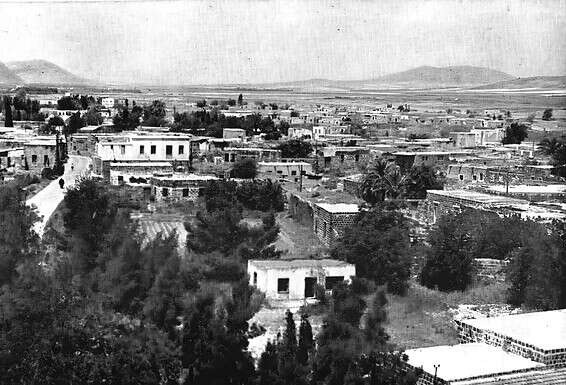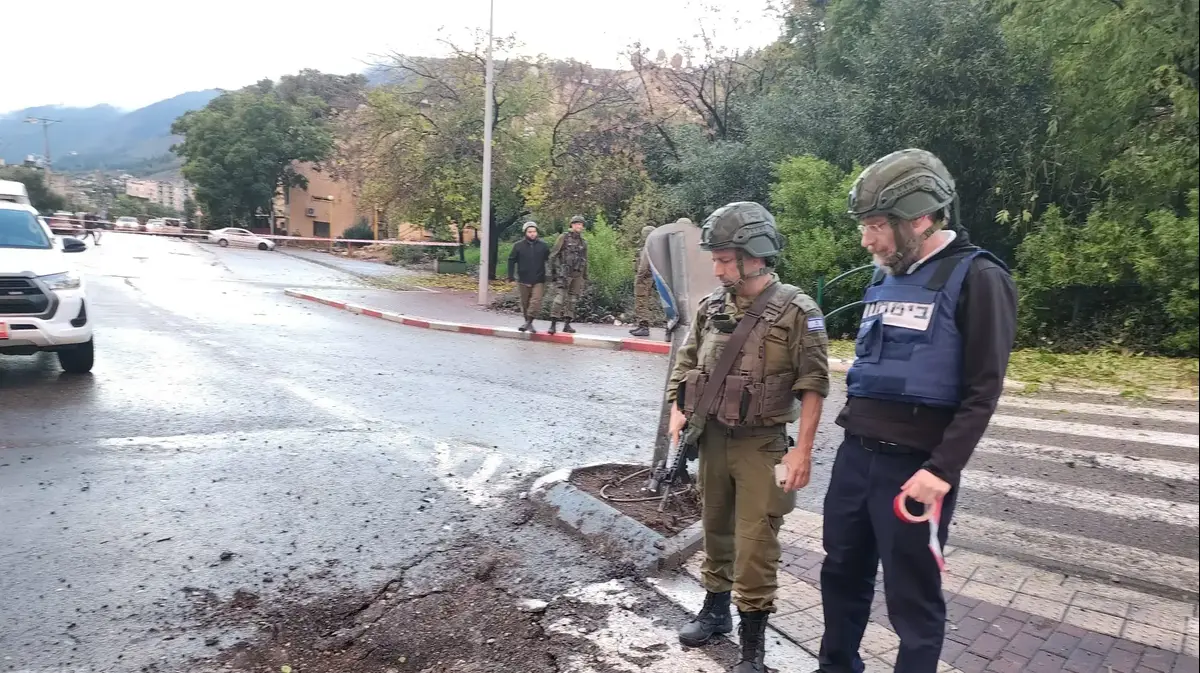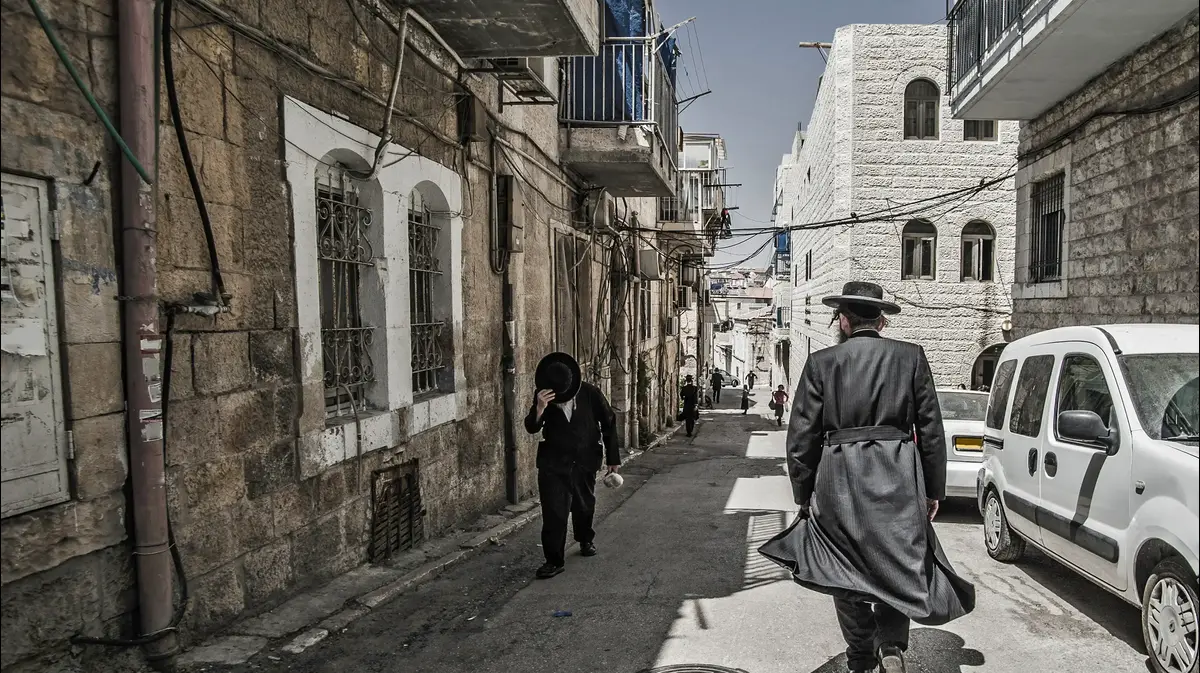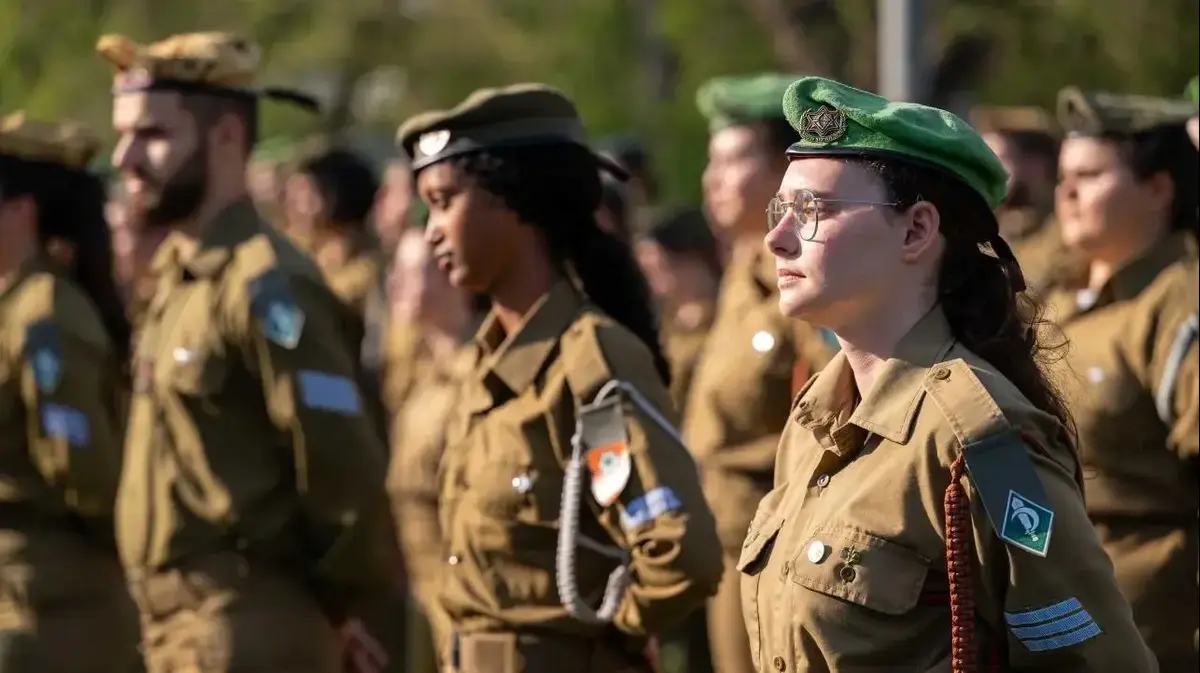Israel embarks on diplomatic campaign against Germany, Histadrut demands additional food for its workers, and in Tel Aviv they learn how to make money from the great shortage of telephone lines
A demonstration in Tel Aviv against the return of Germany to the "Family of Nations", January 1951
Photography:
Hans Finn, GPO
Explorations for compensation from Germany
On January 16, 1951, the Israeli ambassadors to Washington, London and Paris submitted Israel's demand for compensation from West Germany for the damage caused by the Holocaust.
The demand is not directed directly to the Bonn government, after European and US experts, whom the Israeli Foreign Ministry consulted, advised that it is better harness the powers procedure.
Moving through requirement is also suitable powers taken by Israel diplomatic spirit - the confiscation of German non-recognition of its government, only five years after the end of war The Second World
Chancellor of West Germany, Konrad Adenauer, said in unofficial talks with people close to Israel that "as a gesture of goodwill, Germany will agree to pay Israel compensation in the amount of 10 million marks."
A few days later, on January 19, 1951, the Knesset passed by a majority of votes a resolution demanding that the nations of the world stop any process that symbolizes Germany's return to the "family of nations."
MK Meir Argov (Grabowski) from Mapai stated: "While the voice of our brothers' money, the six million, are shouting at us from the ground, the states want them and stand in line to reconnect with members of the murderous Nazi regime."
The Knesset decision was immediately spread around the world, and the issue provoked controversy in other countries, where opponents of resuming ties with Germany also arose.
On January 22, 1951, however, the United States and Britain cooled their enthusiasm, declaring that "Western powers see Israel's position on non-recognition of Germany as unrealistic, and cannot understand how Israel separates the question of compensation from here and the political and economic contact with Germany - from here." .
In response organized in Tel Aviv spontaneous demonstration, sent by the countries of the world the message: "Jews do not forget the world!"
In practice, after a public dispute petition, the Israeli government signed in September 1952 compensation agreement ( "reparations") with the German government. according to the agreement, Germany Paid Israel a total of 3 billion marks - 300 times the initial amount Chancellor Adenauer spoke of.
Not the "opening of paradise": poverty and distress in Beit She'an
In about 250 AD, Rish Lakish, one of the greatest Amoraic sages of the Talmud, stated that "heaven ... if it is in the Land of Israel - Beit She'an opened."
His determination merged into many folklore stories, but many explorers and cultural explorers who came to Israel in the 18th century onwards found it difficult to trace the connection between the poor huts, the famine-stricken and fly-dwelling inhabitants of Beit She'an - and the stories of paradise.
In January 1951, the author of the newspaper "Davar" Avraham Ruth was sent to find "Paradise Lost" as part of the weekly section "This is our country" - a series of articles that brought descriptions of various sites throughout Israel.
"I traveled a whole day until I came to Beit She'an, a place formerly called Bisan," Ruth wrote, adding that there were about 3,000 people living there, most of them new immigrants from Iraq, Iran, Romania, Turkey, Yemen and North Africa.
These lived in neglect, as the municipal services relied on a meager annuity from the Home Office and a meager tax of 500 pennies (half a pound), paid by each family.
An attempt to turn Beit She'an into a cooperative city failed at the outset, and the residents found their livelihoods scarcely in afforestation and agricultural work in the surrounding localities.
And so, at the end of his review, Ruth wrote: "I fear, in light of the sights I witnessed and the experiences I had during my 24 hours here, that Beit She'an's future is in the past.
"Phone calls" for sale
Today we all walk around with mobile phones, and every home also has a landline line, but 70 years ago keeping a private phone line was a pretty rare affair.
At the beginning of 1951, only 18,345 telephone lines operated in Israel, the vast majority of which served the institutional-governmental sector as well as the business sector.
The famous statement "it takes seven years to get a telephone line here" was a fact, but the long wait was not only due to bureaucracy and government failures, but due to the high costs associated with setting up the telephony system in Israel, in addition to establishing communications infrastructure. .
As a result, the state required each new line owner to share a quarter of the infrastructure and installation costs - a substantial expense that was equal to an average wage of more than a month's work.
In January 1951, a new office venture was established in Tel Aviv, which offered its subscribers - most of them businesses - a brokerage service and monitoring of receiving calls.
For a fixed monthly fee of £ 750 and pennies, each business was given permission to print the brokerage firm's telephone number on its papers, and for 250 pennies per phone message he would receive a weekly breakdown of the calls and messages received for him.
Another service in the same office connected "reliable babysitters," in the words of the ad, with families who needed assistance in caring for their children, especially in the evenings.
A babysitter who offered her services was invited to the office, goes through a personal interview and enters the database of names, from which she would be sent to work in homes - as needed.
The payment for each hour of babysitting was about 500 pennies, with one-fifth of the amount set aside for the office as a commission.
How many "hard workers" are there?
On January 20, 1951, the Histadrut approached the Food Division of the Ministry of Agriculture and asked to increase the number of Histadrut workers employed in "hard physical labor" to 15,000.
She demanded their credit for extra food at their workplace.
In response, the Ministry of Agriculture stated that it would not increase the number of eligible people, since a year earlier, Histadrut officials themselves estimated that this was a maximum of 8,000 people.
The Minister of Agriculture, Pinchas Lavon, informed the Histadrut Secretary General, Mordechai Namir, that "he can choose one of two: either reduce the size of the portions of those entitled to the supplement, so that they are enough for 15,000 workers, or make a substantial inquiry among the workers who do hard work. "And who parasites are impersonating."
"Just say hello on the phone"
"Stop your unnecessary 'peace'," reprimanded a Haifa citizen in an embarrassed exchange at the government telephone service.
The reprimand came after the management of the telephone service determined that every incoming call would be promoted by the call centers with a polite "hello" greeting.
The complainant held, for some reason, that the blessing "was intended to rob the citizen of his time."
Only after receiving the details of the manager, for the purpose of filing a complaint, did the reprimand agree to clear the line to the next caller after him.
The combination of chairs in the hall
At a cultural event called "Oneg Shabbat", which took place every week in the "Ohel Shem" hall on Balfour Street in Tel Aviv, police broke in on the third Saturday of January 1951 - and stopped what was happening.
The audience was required to leave, and the police conducted a comprehensive count of the seats in the hall, from which it emerged that the organizers had added without permission a hundred chairs in excess of the thousand allowed in the operating license of the hall.
The owners of Ohel Shem were invited to arrive the next day for questioning by the police, and the disappointed crowd made their way back to his home.
The Disappeared / The Slang Language That Was
"I got Kila"
A language coin from those times, which came to overstate heavy weight, beyond the lifting ability of an ordinary person.
"Kila" is a hernia in the groin, which is usually caused by excessive effort required to lift a particularly heavy object.
"When my wife packed a suitcase to go on vacation to a convalescent home, she put the whole house in there. When I came to the mountains - I snatched Kila."
The grocery store / items that were in the house
Diaper dryer
Maternity life in the early 1950s was difficult compared to today's diaper era: the cloth diapers were hand-washed (washing machines were not yet in the country), and the wet diapers were hung on a rope in the yard, to dry in the sun and wind.
On rainy days, the fabrics remained wet for a long time - until an Israeli invention broke into the market: a kind of oven with a device for laying diapers, which was connected to electricity and dried everything "in just 28 minutes", as promised in the leaflet.
Who knows, who knows?
This photo, sent by the reader Nitza Wolfenson from Haifa (the first in the center, holding a masting and a spoon), was taken in 1953 as part of a clerical course held at the 11th Battalion in the Sarpand (Zrifin) camp. And later in bookkeeping. With her husband, Dr. Abraham Wolfenson, she gave birth to three children, nine grandchildren and five great-grandchildren.
"Now, from the age of 86, I thought it would be nice to try to reconnect with the girls from the course, to exchange experiences," she says.
Do you recognize in the picture any of the girls in the course, who are supposed to be in their mid-80s today?
Write to us at shishabat@israelhayom.co.il, and we will be happy to update
Do you have pictures or souvenirs from the first days of the country? Write to us: shishabat@israelhayom.co.il











/cloudfront-eu-central-1.images.arcpublishing.com/prisa/KMEYMJKESBAZBE4MRBAM4TGHIQ.jpg)



